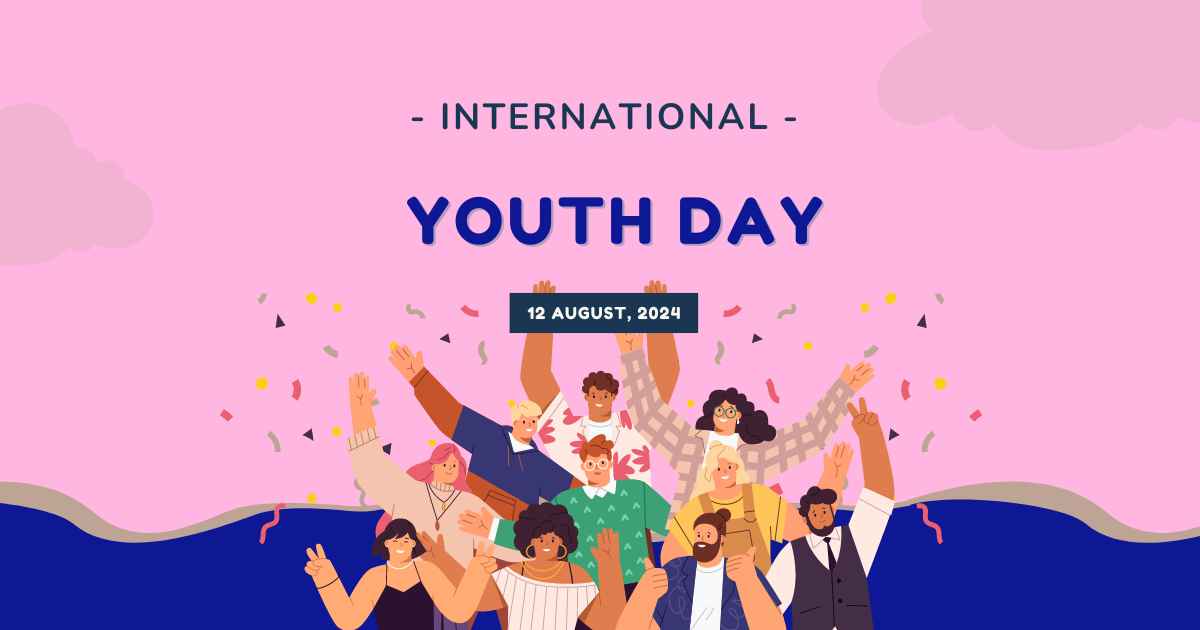14th August Pakistan’s Day of Independence
Pakistan Celebrates 77 Years of Freedom
Pakistan, a nation steeped in rich history and cultural diversity, celebrates its Independence Day with immense fervour and patriotism on the 14th of August every year. This day marks the culmination of a long and arduous struggle for self-determination, culminating in the birth of an independent Islamic Republic. To understand the significance of this day, it’s essential to delve into the historical context that led to Pakistan’s creation.
The Pakistan Movement and the Demand for a Separate Homeland
The seeds of Pakistan’s independence were sown during the British Raj. The Muslim minority in India, despite being a significant population, faced numerous challenges and discrimination. The demand for a separate homeland for Muslims, where they could practice their faith and culture freely, gained momentum under the leadership of the All-India Muslim League, led by the charismatic Muhammad Ali Jinnah.
The Pakistan Movement, a political struggle for the creation of an independent Muslim state, gathered pace in the early 20th century. Leaders like Jinnah and Allama Iqbal articulated the aspirations of millions of Muslims, emphasizing the cultural, political, and religious differences between Hindus and Muslims.
The Resolution of Lahore and the Dawn of Independence
A pivotal moment in the Pakistan Movement was the Lahore Resolution of 1940, where the Muslim League formally demanded a separate homeland for Muslims in the northwestern regions of British India. This resolution laid the foundation for the future state of Pakistan.
After years of negotiations, protests, and sacrifices, the dream of an independent Pakistan was realized on August 14, 1947. The partition of British India into India and Pakistan was a complex and painful process, accompanied by mass migration and communal violence.

Celebrating Independence Day: A Nation United
Despite the challenges faced at the time of partition, Pakistan emerged as a sovereign nation. Independence Day is celebrated with immense pride and enthusiasm throughout the country. People from all walks of life participate in flag-hoisting ceremonies, parades, and cultural events. The national flag is flown high, and patriotic songs fill the air.
The day is also marked by special prayers, offering gratitude for the sacrifices made by the nation’s forefathers. Families and friends come together to celebrate, and there is a general sense of unity and belonging.
Conclusion
Independence Day holds immense significance for Pakistanis as it commemorates the birth of their nation. The struggles and sacrifices endured during the Pakistan Movement have shaped the country’s identity. Today, Pakistan stands as a proud and resilient nation, determined to overcome challenges and build a brighter future for its people.